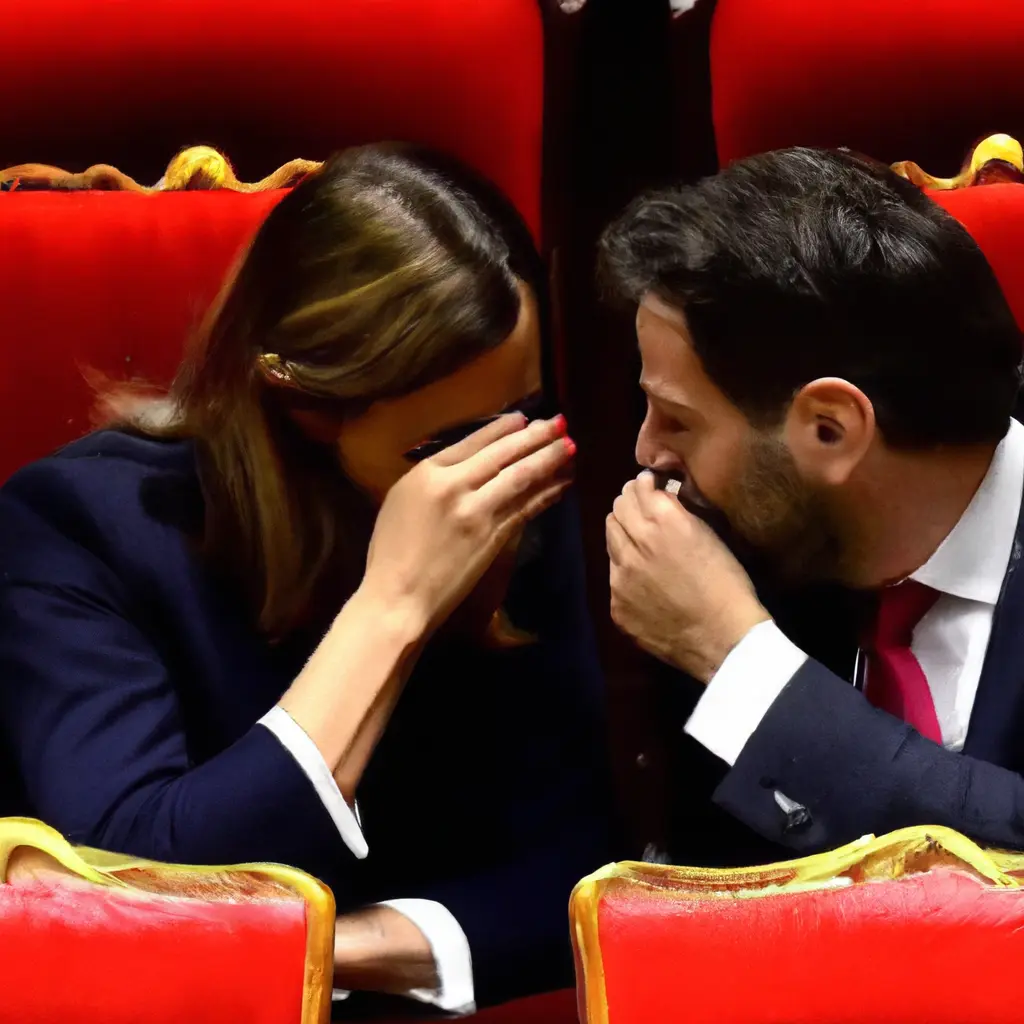Rent: Salvini defends private property, state without the right to intervene

But the short-term rental market continues to grow in importance and feeds competition with hotels (in tourism) and long-term rentals in the real estate market. And it's a problem that can't be solved by simply calling for the freedom to do as one pleases. For this reason, the government has decided to change its position: on the evening of Thursday, September 21, appeared a temporary draft prescription that contains the most urgent measures to be applied to regulate this area.
While on the one hand, the Deputy Prime Minister calls for a free market of rentals without rules, on the other hand - the latest version of the text prepared by the Ministry of Tourism under the leadership of Daniela Santanchi, which is due to go before the Council of Ministers on Monday, September 25 - specifies that the period of rental for tourist purposes, relating to one or more dwellings in metropolitan cities, may not be less than two consecutive nights, except in the case where the tenant is a family with three or more children. In this case, the applause came from the hotel sector, which has long complained about "disloyal" competition, especially from online platforms such as Airbnb and Booking.com.
So, if approved by the Council of Ministers, for a one-night tourist stay in Italy, the only possible option would be to use a traditional hotel complex (unless the tourists constitute a large family). In addition to introducing an identification code for each property, a limit is also imposed on the number of apartments that can be rented by the same owner for a short term (less than 30 nights): unless the bill is amended, the limit will be set at two apartments. Starting with three apartments, renting will be considered as an entrepreneurial activity and therefore the owner must start his own business.
When it comes to the importance of short-term rentals for property owners, the numbers bear this out: in Italy in 2023, compared to 2022, the data shows a significant increase, with 73% of bookings and 70% of nights filled. As confirmed by Eurostat, more than 38 million nights were booked through major online platforms in Italy during the 2022 summer season, 6.7% more than in 2019 (before the pandemic). This is the third highest in the European Union after France (more than 58 million) and Spain (about 45 million). The reason for this phenomenon is simple: with short-term rentals, the owner makes more money and avoids the risk of renting to an insolvent tenant or someone who is difficult to evict.


But Italy isn't the only country that wants to stop it. New York has imposed very strict rules: you cannot rent out entire apartments for less than 30 days unless the owner himself lives in the house, meaning you can only rent a room in a large shared environment, and the number of guests cannot exceed two. Those who fail to register as a landlord with the appropriate offices risk fines of up to $5,000. At the same time, in the spring, the Council of the European Union adopted its position on the regulation of online platforms, demanding more transparency but proposing no new measures to combat the high rental prices caused by the platforms themselves. The new legislation obliges owners of rented apartments to register in a publicly accessible registry (something similar to an identification code developed by the Ministry of Tourism) and to show future clients their registration number. Platforms, on the other hand, must provide local administrations with information on the number of nights and guests who have used their services on a monthly basis.
The EU countries thus continue to move in different directions. In Paris, those who want to rent out their primary residence through a platform like Airbnb must register with City Hall and rent out no more than 120 days a year. If this limit is exceeded or if it is a second home, it must be converted into a furnished hospitality establishment. The city has even set up a task force to keep track of illegal rentals and violators. Berlin also imposed a ban on Airbnb, which was later lifted, but strict rules with hefty fines remain. For example, a secondary dwelling can be rented for no more than 90 days per year. In Munich, short-term rentals are limited to eight weeks per year. Portugal, for its part, has decided not to issue Airbnb licenses in cities. But the first European city to ban short-term room rentals was Barcelona in 2021, with a minimum of 31 days.
Tags
Comment
Popular Posts
Popular Offers




Subscribe to the newsletter from Hatamatata.com!
Subscribe to the newsletter from Hatamatata.com!
I agree to the processing of personal data and confidentiality rules of Hatamatata









